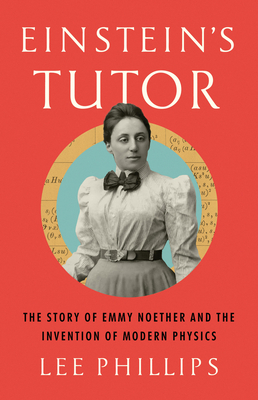
Phillips, Lee
product information
description
7A revelatory story of the woman who made foundational contributions to science and mathematics and persevered in the face of discrimination. Emmy Noether's mathematical genius enabled Einstein to bring his General Theory of Relativity-the basis of our current theory of gravity-to fruition. On a larger scale, what came to be known as "Noether's Theorem"--called by a Nobel laureate "the single most profound result in all of physics"--supplied the basis for the most accurate theory in the history of physics, the Standard Model, which forms our modern theory of matter. Noether's life story is equally important and revelatory in understanding the pernicious nature of sexual prejudice in the sciences, revealing the shocking discrimination against one of the true intellectual giants of the twentieth century, a woman effectively excluded from the opportunities given to her male counterparts. Noether's personality and optimistic spirit, as Lee Phillips reveals, enabled her unique genius to persevere and arrive at insights that still astonish those who encounter them a century later.
member goods
No member items were found under this heading.
Return Policy
All sales are final
Shipping
No special shipping considerations available.
Shipping fees determined at checkout.







